Research
Computer science faculty are engaged in research in a multitude of areas within artificial intelligence, theory, and data science. Undergraduate students are involved in many faculty research projects through independent studies or honors projects.
Theory of Computation
Most supervised machine learning models "learn" patterns from data by minimizing our error on a set of training data. However, we can only really get a snippet of information describing the true data generating process; which snippet of information we learn is directly tied to the ways we measure error. Jessie Finocchiaro's work studies the relationship between how we measure this error (and more broadly how we evaluate ML models) and the snippets of information we learn about our data. Importantly, we need to understand this relationship while trying to balance other constraints such as limitations on the design of the error functions (those that must be smooth or convex), limitations on the complexity of the ML model, and how to pick the right "snippet" to learn for a downstream decision problem, like top-k selection or allocating scarce resources.
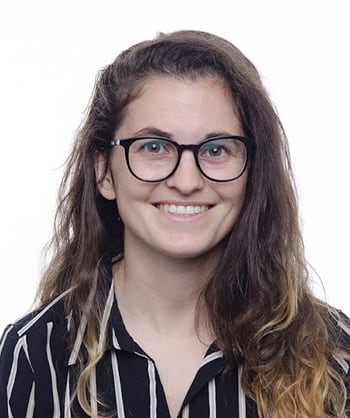

Carl McTague studies the connection between exotic geometries and chromatic homotopy theory, and what this connection reveals about the surprising relationship between topology and the arithmetic of algebraic curves. Specifically, he is working to uncover higher genus generalizations of elliptic cohomology suggested by the exceptional geometry of the Cayley plane (and categorifying moduli spaces of theta characteristics). He is also working to compute the homotopy type of the string bordism spectrum MO<8> at the prime 3, based on computer-assisted computations of its BP-homology, considered as a Hopf ring. And he is working to formalize (in Coq) and apply machine learning to EHP and Adams spectral sequence calculations. He has also investigated novel uses of curvature in data analysis, pattern formation in cellular automata, as well as computational and geometric aspects of bookbinding and music composition.
Traditional studies on network optimization problems focus on developing algorithms for the sequential setting where computations are done in a single processor. Today, the scales of many real-world networks have grown to be so massive that a single processor cannot handle all the computations efficiently, either due to inefficiency or the infeasibility of global access. This has motivated the study of distributed and parallel algorithms for network optimization problems. For many network optimization problems, we still do not know how to match the same solution quality of sequential algorithms efficiently in those settings. Hsin-Hao Su is working on developing efficient distributed and parallel algorithms (with provable guarantees on the running times and the solution qualities) for a number of network optimization problems, including matching, clustering, routing, and etc.
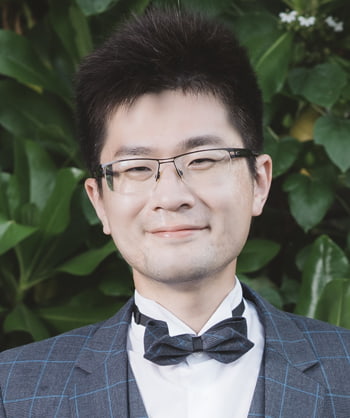
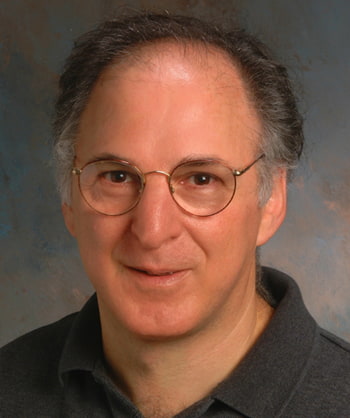
Most of Howard Straubing's research has focused on the connection between finite automata and logic, through the medium of abstract algebra. This has led to effective characterizations of the expressive power of many different logics for expressing properties of words that can be tested by finite automata. Outstanding open problems center around extending this framework to regular languages of trees and forests; and using it to study low-depth circuit complexity.
Ilya Volkovich studies the role of randomness in computation: given an efficient randomized algorithm, can we convert it into a deterministic one of comparable efficiency? He also studies the fundamental question: what are the necessary and the sufficient assumptions for various cryptographic primitives? Recently, there has been a flurry of new methods for analysis of algorithms. However, many of these methods require extensive background knowledge. The goal of Prof. Volkovich's research is simplification of the analysis, making it more accessible to a wider audience, including undergraduates. Some of his work has already been incorporated into course curricula and included in algorithms textbooks.
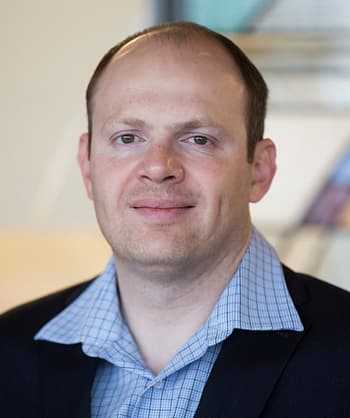
Artificial Intelligence & Machine Learning
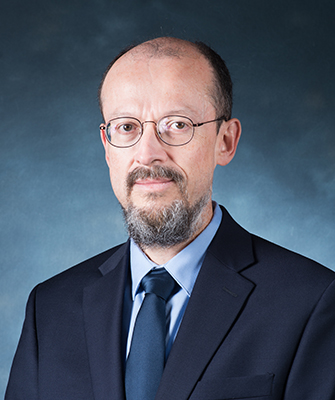
Prof. Alvarez's current research focuses on machine learning for human health, usually involving the modeling of physiological time signals such as EEG, ECG, and PPG, or behavioral time signals derived from eye tracking or wearable motion sensors. His group's work has contributed to the understanding and treatment of heart insufficiency, autism, sleep disorders, stroke, and gastrointestinal cancer. He is also pursuing more theoretical directions in machine learning, including the asymptotics of kernel functions and the associated reproducing kernel Hilbert spaces. His earlier research includes widely cited contributions to recommender systems and related topics.
Prof. Bento's research involves understanding how to solve problems over networks. These networks can represent either communication constraints on a set of nodes that need to collaborate to solve a problem, or mathematical constraints among the variables of a mathematical model. In particular, he has devoted much attention to networks in the context of graphical models and distributed optimization algorithms. His work finds application in robot path planning, combinatorial optimization, video stylization, computer vision tracking, and, more recently, systems biology. Prof. Bento is currently one of five PIs on a large interdisciplinary collaboration that aims to understand the mechanisms of antibiotic resistance. This collaboration involves the van Opijnen Lab in the Department of Biology at Boston College, and a team of researchers at Tufts University, St. Jude Children's Hospital, and the University of Pittsburgh. Their joint research is supported by a $10 million U01 grant from NIH/NIAID.
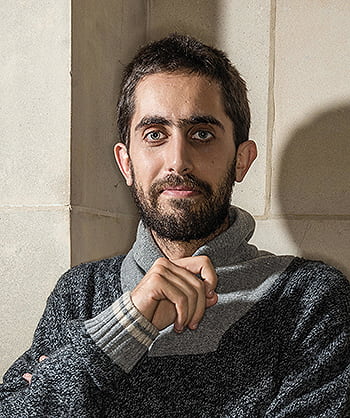
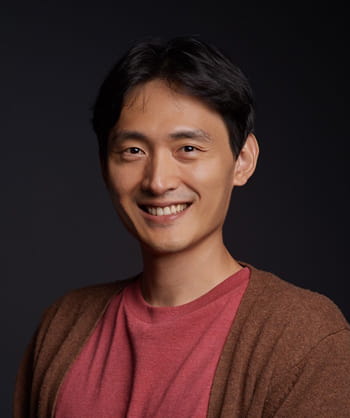
Data is all around us in our daily lives, ranging from everyday human activity to environmental and socio-economic indicators. Making sense of data is becoming an important skill for everyone to understand ourselves better and make our society better.Prof. Kim's research vision lies in the democratization of data, lowering barriers for everyone to understand and communicate complex data. He tackles this challenge by using visualizations as external cognition aids to help people see the unseen. Within the broad context of human-computer interaction, his research investigates innovative approaches to interact with data, going beyond traditional expert systems and addressing the needs of a broader audience.
Technologies like Siri and ChatGPT are available only for a handful of the world's 7,000 languages. Emily Prud'hommeaux is using transformer neural networks and statistical approaches to help researchers and indigenous communities document and revitalize endangered and under-resourced languages.
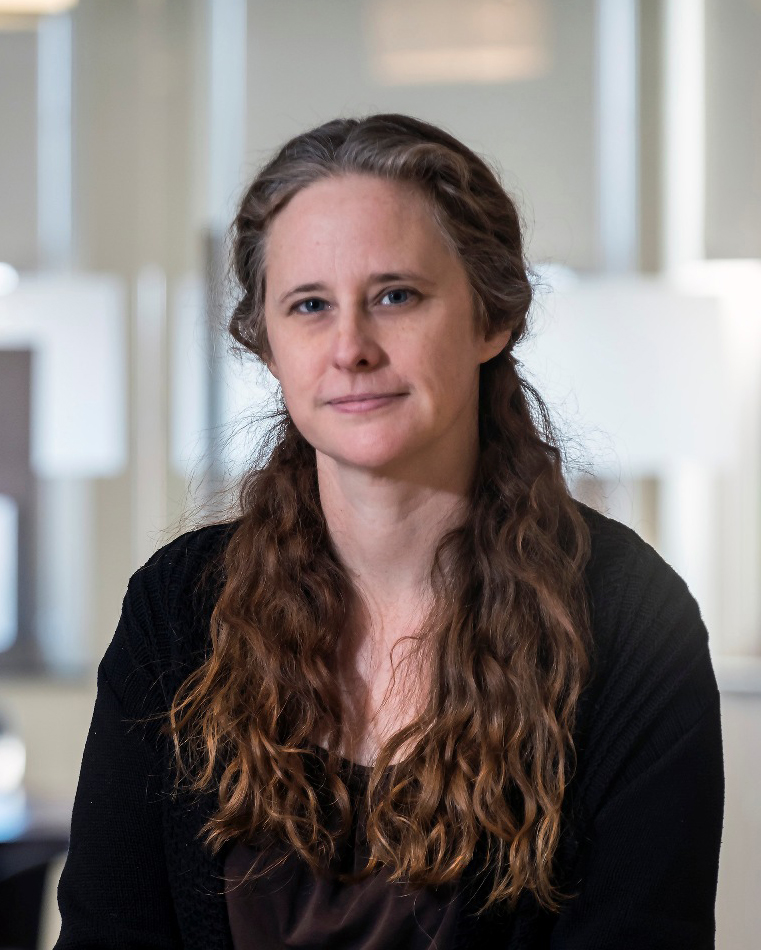
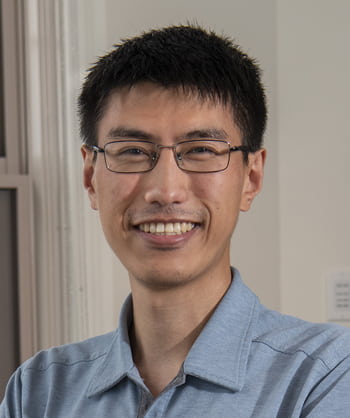
Computer vision (CV) is the branch of artificial intelligence that enables computers to reconstruct, recognize, and re-organize the rich information from input images. Especially automating biomedical image analysis with CV methods has dramatically accelerated both scientific discoveries and healthcare innovations.Prof. Wei's research focuses on the interplay between natural and artificial intelligence. On the one hand, he has been developing novel computer vision methods to reconstruct a detailed wiring diagram of neurons from large-scale microscopy images, revealing the brain's workings and accelerating drug discovery for brain diseases. On the other hand, he has been advancing neuroscience-inspired designs to enhance computer vision methods for video understanding applications. In addition, he has been contributing to open-source biomedical image analysis solutions to assist collaborators in biology, psychology, radiology, and pathology.
Yuan Yuan's research primarily focuses on deep learning, computer vision, and the application of AI in healthcare and medicine. Her work has attracted widespread media attention, featuring in outlets such as Forbes, The Washington Post, BBC, TechCrunch, and Engadget, among others. Remarkably, her work on an AI-powered digital biomarker for the diagnosis and progression tracking of Parkinson's disease was recognized as one of the top ten notable advances in medicine in 2022.
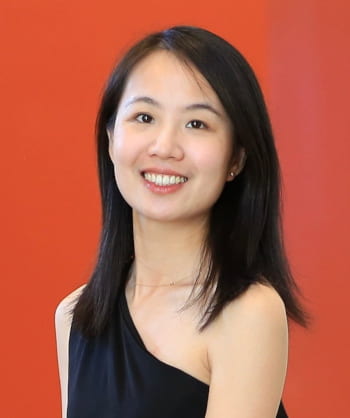
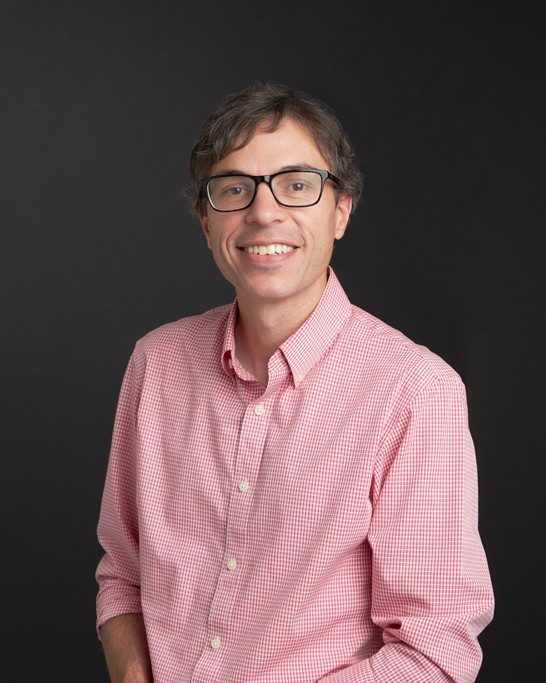
George Mohler is working on a NSF funded SCC project building low-cost gunshot detection devices to facilitate community led violence interruption efforts. The devices utilize transformer neural networks to classify audio running on Raspberry Pis. Violence interruption workers are then notified through a mobile phone application in real-time of gunshots in their communities and can potentially intervene to prevent retaliatory gun violence.

